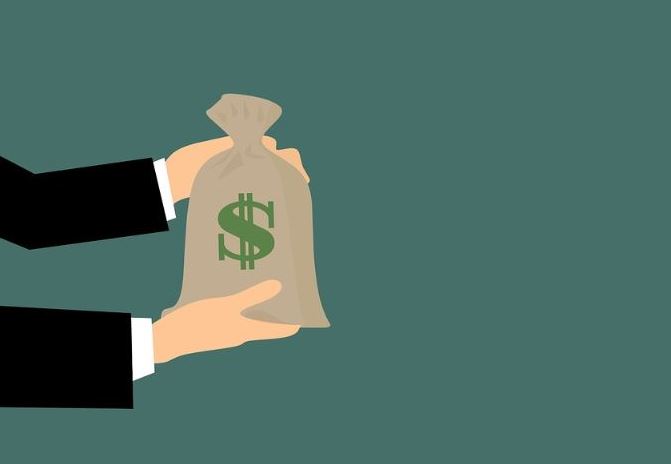
An emergency fund is a savings account that is set aside for unexpected expenses, such as medical bills, car repairs, or job loss. The goal of an emergency fund is to have enough money saved so that you can cover your expenses for some time without incurring debt. Many financial experts recommend setting aside three to six months’ worth of living expenses in an emergency fund. If you do not have an emergency fund, you might need to take out an emergency personal loan to cover these unexpected expenses.
One of the advantages of having an emergency fund is that it can help you avoid going into debt if you experience a financial emergency. For example, if you lose your job and do not have an emergency fund, you may need to rely on credit cards to cover your living expenses. This can quickly lead to debt that may be difficult to repay. Another advantage of having an emergency fund is that it can help you cover unexpected expenses without having to dip into your savings or investments. This can provide peace of mind knowing that you have a cushion to fall back on in case of an emergency.
If you don’t have an emergency fund, don’t panic.
There are a few ways you can finance an emergency without dipping into your savings
One option is to take out a personal loan. Personal loans usually have lower interest rates than credit cards, so this can be a good way to finance an emergency if you have good credit.
Another option is to use a credit card. If you have good credit, you may be able to get a 0% APR introductory rate on a new credit card. This means you’ll have a year or more to pay off the emergency expenses interest-free. Just be sure to make your payments on time and in full, so you don’t end up paying interest down the road.
If you’re not sure how you’ll be able to pay off a personal loan or credit card balance, you may want to consider borrowing from your 401(k) plan. You can usually borrow up to half of the balance of your 401(k) account, and you’ll usually have five years to repay the loan. The interest rate on a 401(k) loan is often lower than the interest rate on a personal loan or credit card, so this can be a good option if you’re confident you can repay the loan within the five-year timeframe.
No matter which option you choose, it’s important to start building an emergency fund as soon as possible so you’re prepared for the next emergency. Aim to save at least 3-6 months of living expenses so you’re not caught off guard if something unexpected comes up.
You may be interested in: 4 Things to Consider Before Getting an Emergency Loan

